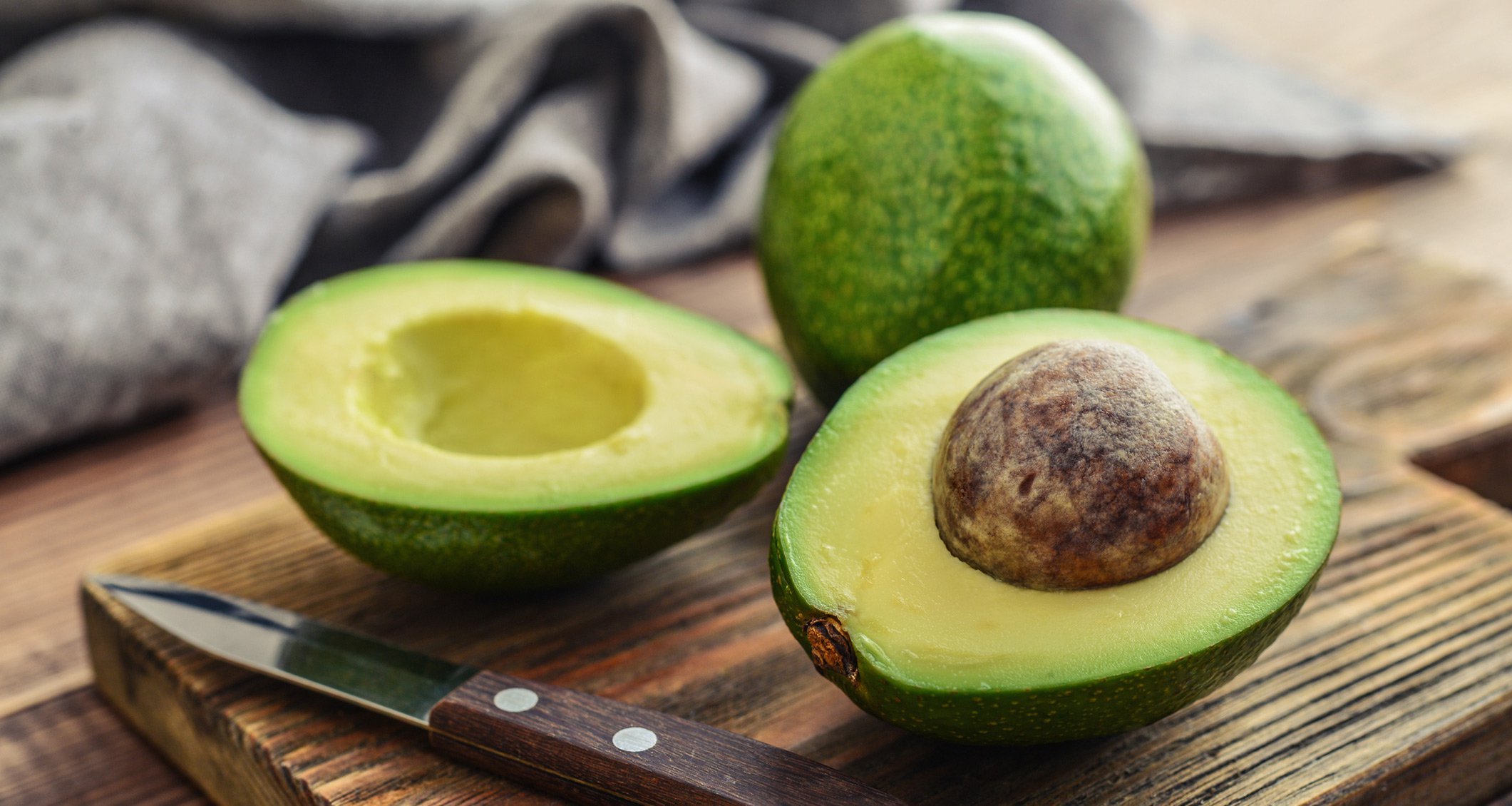
Avocados have become the darling of the natural health
world. For good reason. They’re loaded with heart-healthy monounsaturated
fats, fiber, antioxidants, and potassium.
The avocado is a unique fruit, in that it boosts your body’s
absorption of fat-soluble nutrients…including vitamins A, K, D, and E. If you
add avocado oil
to a salad or salsa, it will actually make the food you’re
eating more nutritious.
Researchers have found avocados can help prevent heart disease
and cancer.
And people who regularly eat avocados tend to have better
overall health.
Now a new study shows that avocados have another surprising
health benefit. They fight type 2 diabetes.
The research comes from Canada’s University of Guelph.
Investigators looked at obese mice that were insulin resistant.
Insulin resistance is a symptom of type 2 diabetes. It
occurs when your body doesn’t respond to insulin. In turn, that causes high
blood sugar and diabetes.
The researchers gave some of the diabetic mice an avocado
extract called avocatin B (AvoB). It’s a type of fat found only in avocados.
After five weeks, the AvoB rodents gained weight at a slower
pace and had increased insulin sensitivity.
Next, the research team wanted to see if the compound was
safe for humans. They randomly assigned some people to take an AvoB supplement.
The others took a placebo.
AvoB was found to be safe with no toxic effects. Subjects
who took it also lost a small amount of weight.
Other studies have found that AvoB inhibits cancer. It is
being investigated as a possible treatment for leukemia.
A Natural Treatment for Type 2 Diabetes
Avocadoes are one of the healthiest things you can eat. But
researchers say you cannot get a therapeutic dose of AvoB by eating the fruit.
Professor Paul Spagnulolo led the study. “Eating avocados
alone would likely be ineffective (against diabetes),” he said. “The amount of
natural AvoB varies widely in the fruit and we still do not fully understand
exactly how it is digested and absorbed when we consume a whole avocado.”
AvoB supplements, in powder and pill form, are expected to
hit the market next year. We’ll keep you updated.










